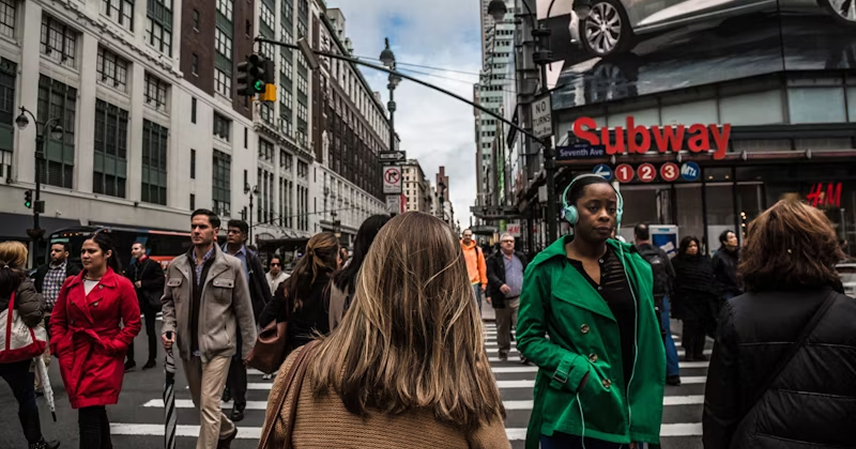In a developing diplomatic tension, the Chinese government has issued a formal appeal to the United States to safeguard academic exchanges between the two nations following recent measures by the Trump administration to freeze visas for certain Chinese scholars. The move has raised concerns over potential disruptions to educational collaboration, scientific research, and people-to-people ties that have long been a cornerstone of bilateral relations.
The controversy began when the U.S. Department of State announced a temporary suspension on issuing new visas to Chinese graduate students and researchers in specific sensitive fields, citing national security concerns. This policy, which has been informally dubbed a “visa freeze,” targets areas such as advanced technology, artificial intelligence, and aerospace engineering. Critics argue that it risks stifling academic freedom and international cooperation in science and education.
In response, China’s Ministry of Foreign Affairs released a statement condemning the visa freeze as “unjustified and detrimental to academic exchanges” that benefit both countries and the global community. The statement emphasized the importance of “open, transparent, and mutually beneficial cooperation” in higher education and scientific research. It urged the United States to reconsider the restrictions and ensure that academic mobility and scholarly exchange programs are preserved.
Experts note that academic exchange has historically been a bridge of goodwill between the two global powers, fostering innovation and cross-cultural understanding. Tens of thousands of Chinese students and scholars contribute significantly to American universities and research institutions each year, while many American academics also engage in collaborative projects with their Chinese counterparts.
However, the visa freeze reflects broader geopolitical tensions that have escalated in recent years. U.S. officials have expressed concern over intellectual property theft, espionage, and technological competition with China. These security issues have led to tighter scrutiny of foreign nationals’ access to critical technologies and sensitive research programs.
The Trump administration’s stance has elicited mixed reactions domestically. Advocates of the policy argue it is a necessary step to protect national interests and prevent potential technology transfers that could threaten U.S. security. Meanwhile, university leaders and scientific communities warn that the restrictions may undermine America’s position as a global hub for research excellence and innovation.
Furthermore, the policy has sparked apprehension among students and academics who fear disruptions to their education and careers. Many Chinese students currently enrolled in American institutions worry about the uncertainty surrounding their visa status and future prospects. Academic associations have called for clear guidelines and assurances to minimize disruption.
International observers also highlight the potential long-term impact on scientific progress and diplomacy. Academic exchanges have often served as a channel for dialogue and trust-building, even when political relations are strained. Curtailing these interactions could deepen divides and reduce opportunities for cooperative problem-solving on global challenges such as climate change, public health, and technology development.
In conclusion, the recent U.S. visa freeze targeting Chinese scholars has prompted a diplomatic call from China urging the protection of academic exchanges. While national security concerns underpin the policy, experts and stakeholders emphasize the need for a balanced approach that maintains openness in education and research. The outcome of this dispute will likely influence not only the future of bilateral relations but also the broader landscape of international academic collaboration.



